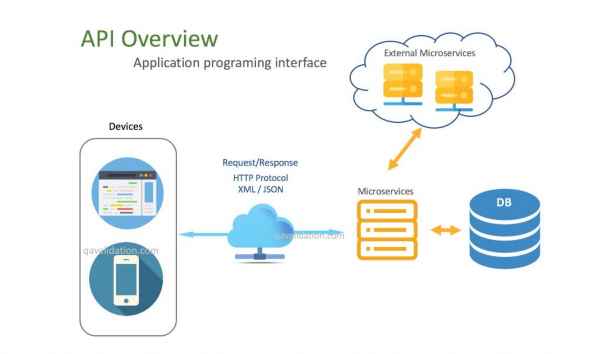Composite API
What is Composite API?

Definition:
A Composite API refers to an application programming interface that aggregates multiple endpoints or services to streamline data retrieval and improve efficiency in software development. Unlike traditional APIs that expose singular functionalities, composite APIs act as a unified interface orchestrating multiple services, allowing developers to access diverse functionalities through a single endpoint.
Analogy:
Think of Composite APIs as a personal assistant. Instead of interacting separately with different individuals to gather information, a personal assistant consolidates responses, presenting a cohesive summary. Similarly, Composite APIs consolidate data from various sources, simplifying the development process by offering a unified point of access.
Further Description:
Composite APIs play a pivotal role in modern software architecture, offering several benefits:
Efficiency and Streamlining: Composite APIs streamline the development process by consolidating multiple API calls into one, reducing latency and improving overall efficiency.
Enhanced User Experience: By combining different functionalities into a single API, developers can create applications with a more seamless and intuitive user experience.
Data Aggregation: Composite APIs excel in aggregating data from diverse sources, enabling developers to access and present information from multiple endpoints simultaneously.
Why are Composite APIs Important?
Reduced Complexity: Developers can interact with a single endpoint instead of managing multiple API calls, simplifying the development and maintenance of applications.
Optimized Performance: By minimizing the number of API calls, Composite APIs contribute to faster data retrieval and improved application performance.
Flexibility: Composite APIs accommodate changes in underlying services without affecting the external interface, providing flexibility in adapting to evolving requirements.
Examples and Usage:
Salesforce Composite API: Salesforce uses Composite API to execute multiple actions in a single call, optimizing workflows and enhancing the efficiency of customer relationship management (CRM) processes.
GraphQL: While not a Composite API in the traditional sense, GraphQL serves a similar purpose by allowing clients to request specific data points in a single query, minimizing the need for multiple API calls.
Integration Platforms: Many integration platforms leverage Composite APIs to facilitate seamless connections between different applications, databases, and services.
Key Takeaways:
- Composite APIs consolidate multiple functionalities, providing a unified interface for developers to interact with.
- By reducing the number of API calls, Composite APIs contribute to improved application performance and faster data retrieval.
- Composite APIs offer flexibility by accommodating changes in underlying services without impacting the external interface.




